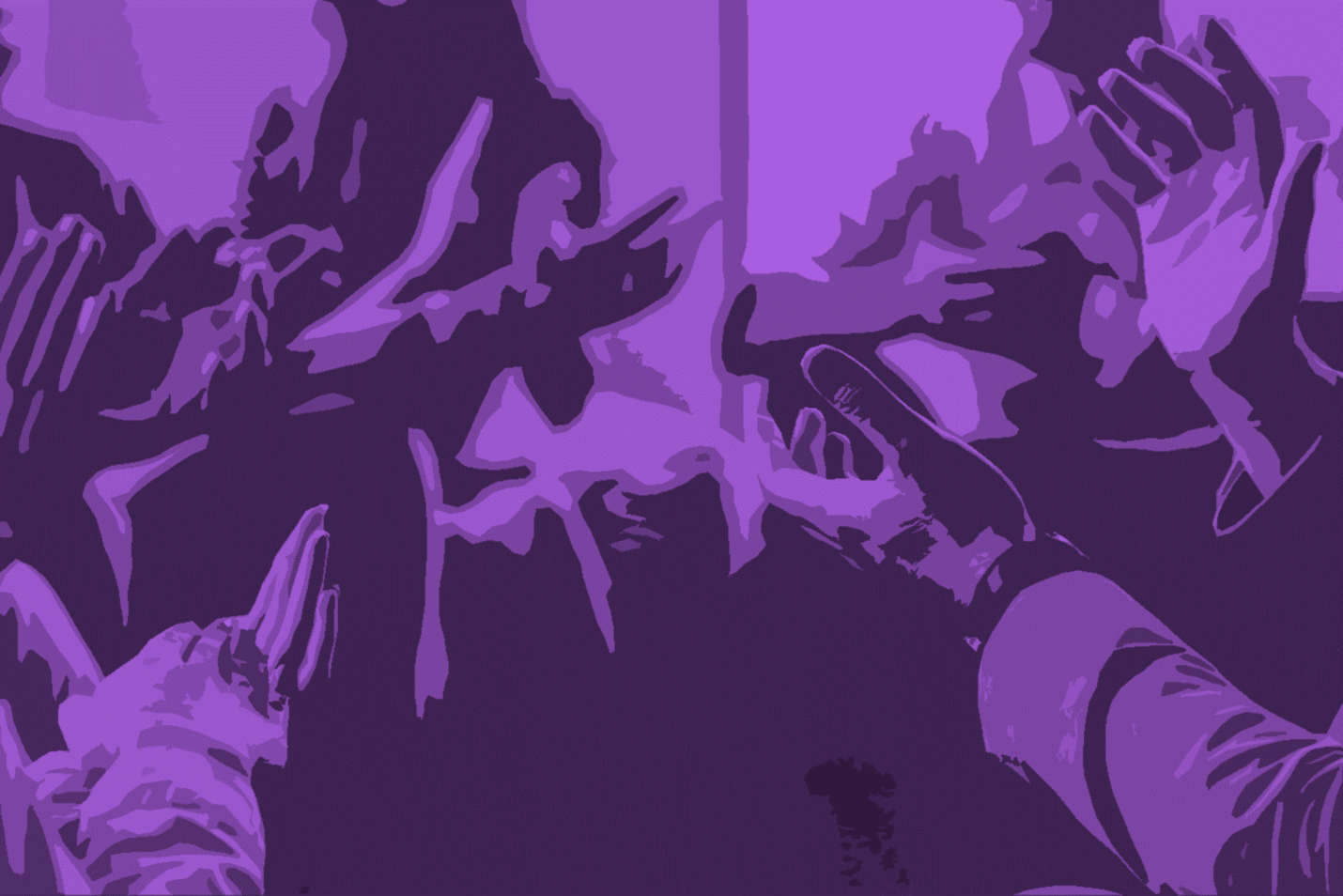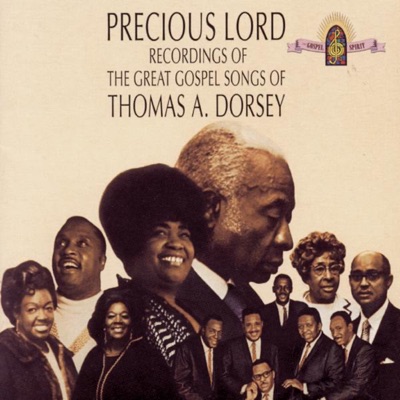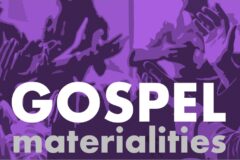Foundations & Organizing Principles

Founding the Gospel Materialities Working Group
The year 2021 marked fifty years since the death of one of gospel music’s most iconic figures, Mahalia Jackson, arguably the first modern gospel artist to achieve international celebrity. The year of Jackson’s death also saw the publication of the pioneering gospel music study, The Gospel Sound: Good News and Bad Times, a work foundational to both popular and academic writing about gospel music performance and the tradition of Black sacred sounds, spiritualities, and embodiments The Gospel Sound considers. Against this backdrop of influences, the Gospel Materialities Working Group was constituted to explore the relationship of the sounds and performance aesthetics of Black gospel to not only the social and political movements of our moment (i.e. Black Lives Matter, #Sayhername, etc.) but to gospel’s earlier eras by way of their historical reflection in print and visual cultures, audio technologies, film and video, architectural acoustics, radio broadcasts, embodied performance, and archival preservation. The group subheading, archive and repertoire, refers to the concern in formal and vernacular studies of gospel music with memory, archival preservation, and repertory performance as practices of citationality and improvisation.
Organizing Principles for the Gospel Materialities Project
Gospel Materialities is a working group and digital humanities project that fosters scholarship, promotes thoughtful interpretations of gospel music, in particular, and Black life and religion, more broadly. We seek to connect with, and promote collaboration across, an interdisciplinary collective of scholars and practitioners who wish to think publicly and creatively about these topics. We value Black life and the material stuff that surrounds, sustains, informs, or interacts with Black people and communities’ religious life. We honor the multivalent meanings found, made, remade, and reconsidered concerning material culture in Black sacred and secular traditions. We believe the aesthetics and the material culture surrounding the practice of religion have real and multiplied significance. Here meanings reside in the mundane, the affective, the sonic, the communal, the transcendent, the contextually embedded, the remembered. We promote investigations that offer integrative recoveries of objects as well as the sharing of archives, and the considered meanings attached to preservation practices in particular communities.
Because these emphasize prioritize thinking with material objects, sounds, and in ways that are not limited to text based sources, the digital humanities project site attempts to create space for thinking about how these approaches might enhance teaching and public scholarship. This working group and project is centered in Black love. Amidst historical and present structures designed to disinherit, oppress, and destroy Black bodies and communities, we hope to identify the matter and practices that grounded resistance and created joy. Part of this emphasis is a repudiation of tendencies to over-spiritualize, disembody, misrepresent, and mythologize Black religious traditions. We hope to re-examine how objects, architecture, art, dance, foodways, clothing, bodies, and touch were and always are integral and essential to the understanding of practices of gathering, worship, prayer, and communal life. It is our belief that as much as these practices are necessarily linked to and located in material culture, such practices and matter are inextricably products of particular historical contexts, and merit critical thought about the prevailing social, economic and political conditions as well. We hope to incubate scholarship and storytelling attentive to the material objects and culture of Black gospel music traditions and African American religious life and culture, being open to collaborate with scholars and projects that center these broader commitments and interests.

“If You See My Savior” (1973)
Thomas A. Dorsey · Alex Bradford – Vocals

